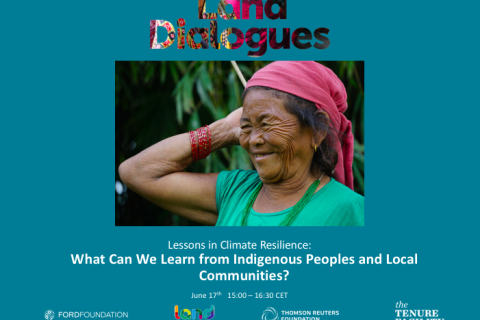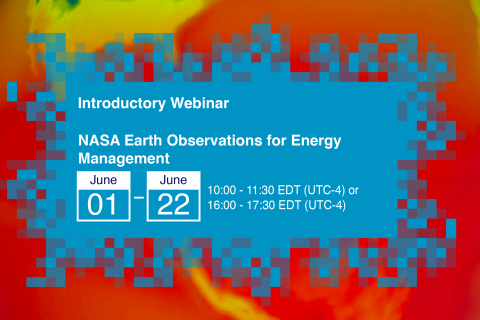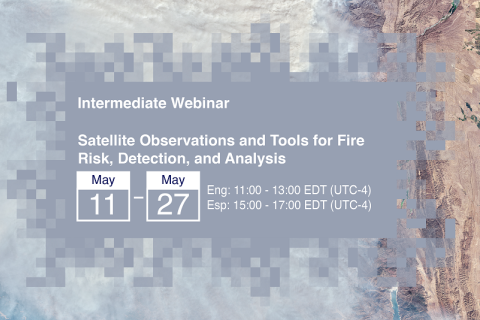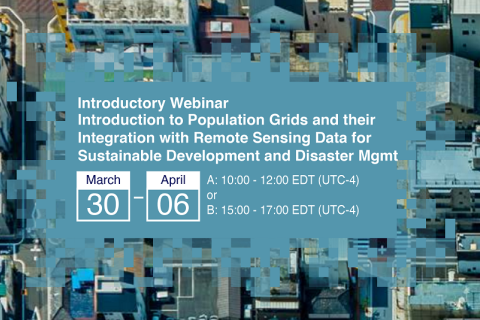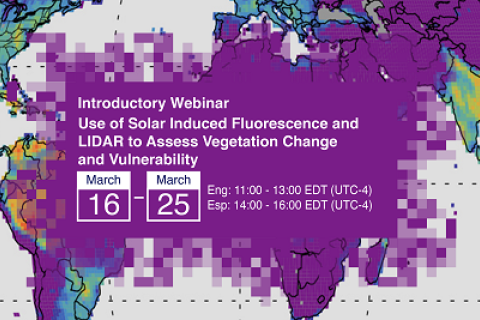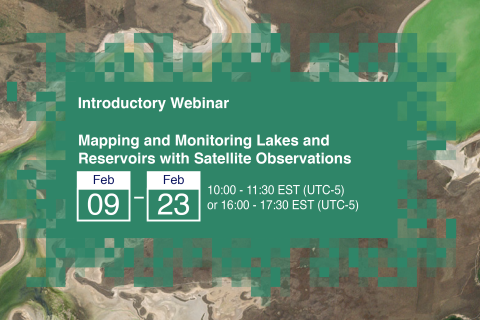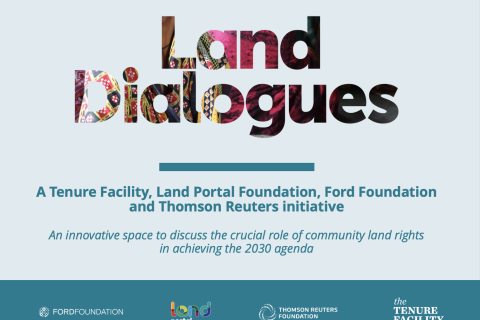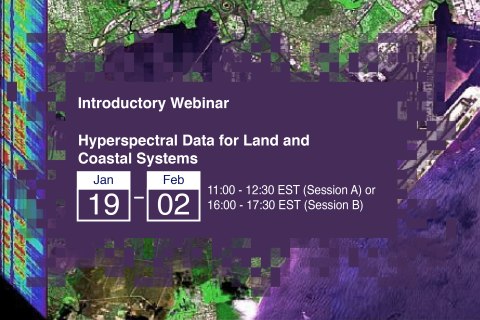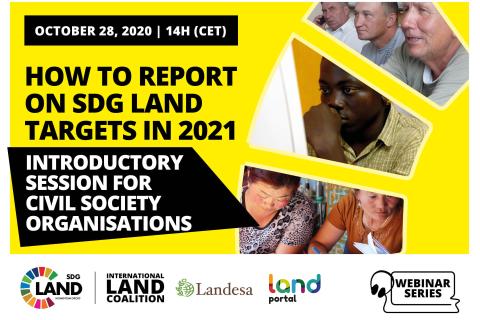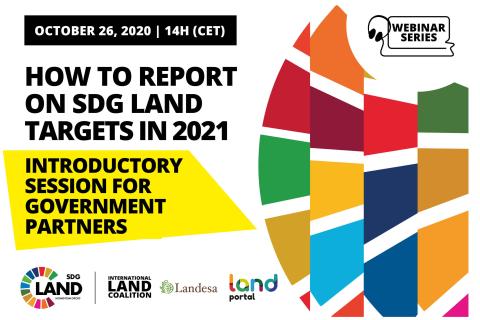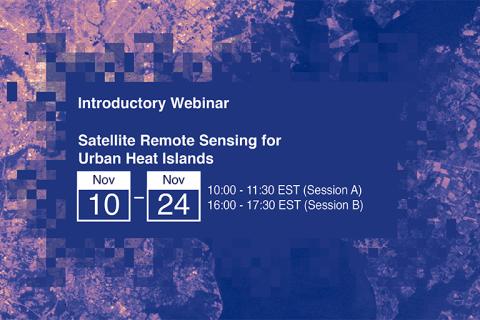Lessons in Climate Resilience: What Can We Learn from Indigenous Peoples and Local Communities?
Indigenous Peoples globally have high exposure to environmental change and are often considered an ‘‘at-risk’’ population, although there is growing evidence of their resilience. Ample research illustrates that Indigenous Peoples are actively observing and adapting to change in a diversity of ways. In this webinar we examined the common factor affecting resilience to environmental change among Indigenous Peoples and local communities.

